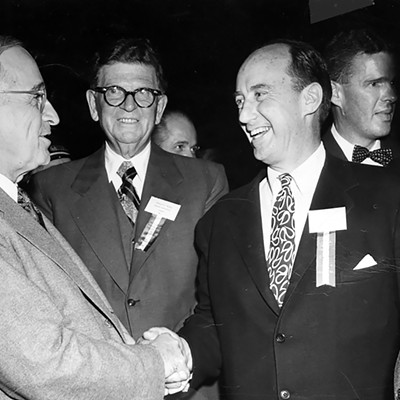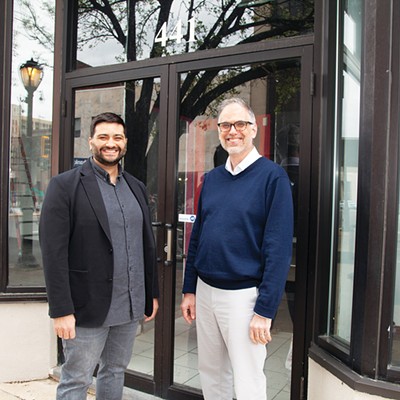For years, Illinois has been known as the Prairie State or the Land of Lincoln. The former moniker reflects the state's topography, dominated by flat, fertile land that was once covered by prairie grasses. References to Illinois as the Prairie State date back to the 1840s, so this is a well-established nickname.
On the other hand, "Land of Lincoln" was made the official state slogan of Illinois in 1955. In fact, Illinois' exclusive use of the Land of Lincoln insignia was later authorized by a special U.S. copyright. The name and image of Illinois' most famous adopted son have become synonymous with the state.
What most people don't realize is that for much of the 19th century, Illinois had a less noble nickname: the Sucker State. And although there is no doubt that this nickname was associated with Illinois, the origin of the term is subject to debate and at least three interpretations.
One explanation involves a practice that was fairly common among travelers and inhabitants of the prairie. When water was needed, long, hollow reeds were thrust down into crawfish holes, and the water was literally sucked up, as through a straw. Such watering holes were called "suckers" in local parlance.
Another explanation derives from the fact that the central and southern portions of Illinois were originally settled by pioneers from Kentucky, Virginia and Tennessee, all tobacco-growing states. The sprouts around the main stem of a tobacco plant are commonly referred to as "suckers." These sprouts are stripped off and discarded before they can sap the main plant of nutrients. Most settlers of the area were poor and in fact had moved to Illinois in hopes of a better life. Society at that time, as throughout most of our nation's history, tended to look down on poor migrants as a burden. It was expected that these particular settlers would fail in their new venture and perish, much as the tobacco sprouts were cast off as undesirable. They were therefore derisively called "suckers," and the term came to refer to the entire region of Southern Illinois, which at the time held most of the state's population.
Probably the most popular explanation of how Illinois came to be known as the Sucker State involves the state's first lead mine, which was opened in 1824 near Galena. As word of the mine spread, thousands of men descended on Galena in search of work. Most of the job-seekers, from Missouri and southern Illinois, would come to Galena in the spring and work through the fall, then return home.
Because the Illinois workers traveled up and down the Mississippi on steamboats to get to and leave Galena, their migration pattern became a matter of note. Specifically, Missourians jeeringly referred to them as "suckers" in recognition of the fish by that name that migrates upstream each spring.
With 6,000 to 7,000 men coming to the Galena mine each year by 1827, the mass influx and exodus generated considerable strains and rivalries. In retaliation for the derisive term "suckers," Illinoisans started calling Missourians "pukes," a reference to the way in which Missouri had vomited forth to Galena the worst ruffians of her population.
Over Illinois' nearly 200-year history, the state's residents have been called other names, but being called suckers presents a certain image problem that not even today's best public-relations expert could handle.

















